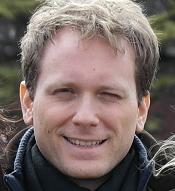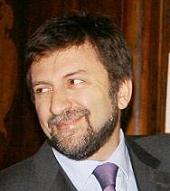Biobanks are key players in scientific research, particularly when unique samples are flanked by high-quality structured patient data, collected in registries as well as in health records. The power of data combined with biobanked samples stimulate the collection of health data and the implementation of innovative research methods to gain evidence to improve the therapeutic strategies, particularly in the rare diseases’ scenario.
The present project has three aims.
The first one focuses on creating a model for gathering information collected within biobanks, disease registries, imaging databases and national health records to allow a scientifically and ethically-sound secondary use of data for regulatory purposes and for creating a FAIR (Findable, Accessible, Interoperable and Reusable) health data ecosystem that may accompany the sample collection phase.
The second aim is the regulatory-compliant collection of samples to get relevant data to improve the clinical practice of rare disease patients and their therapeutic strategies. Specimens previously collected in the context of routine care, as well as new samples will be processed in a way allowing their use for regulatory purposes.
The third project aim is to implement a digital innovative tool in the above-mentioned model to support patients in the informed consent and assent process and to keep up-to-date a lawful informed "dynamic consent" to use samples and data for research purposes. This will favour their engagement in clinical studies, a step which is well known to be very demanding, particularly in the rare diseases’ scenario, and stimulate a bidirectional dialogue between researchers and patients/parents/legal representatives.
The overall concept proposed in the project is to pursue a holistic medicine approach that incorporates traditional and new methods for disease and treatment studies, defining new strategies for better diagnosis and treatment of patients, improved patient safety, continuity of care and reduction of costs. This would also pave the way to new therapeutic strategies.
Four healthcare companies participate in the project:
- IRCCS Rizzoli Orthopaedic Institute
- Azienda Ospedaliera Ospedali Riuniti Villa Sofia Cervello
- Fondazione per la Ricerca Farmacologica Gianni Benzi Onlus
- Agenzia nazionale per i servizi sanitari regionali (Agenas)
The PI of the study is Luca Sangiorgi MD, director of the SC Rare Skeletal Disorders. The following principal investigators participate to the study:
- Alberto Bazzocchi MD of the SC Diagnostic and Interventional Radiology IOR.
The project was funded thanks to the Proof of Concept PNRR call, which, within the framework of the National Recovery and Resilience Plan, financed programs for the valorization of patents or patent applications held by entities belonging to the research world.

Principal investigator
Contact persons for research groups


